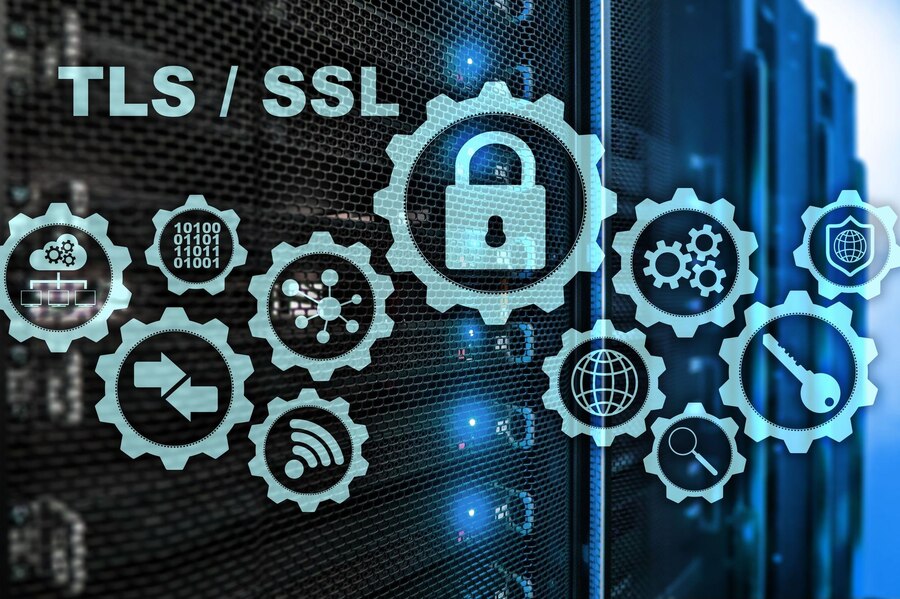In today’s digital landscape, ensuring the security of your website is paramount. One crucial aspect of web security is implementing SSL (Secure Sockets Layer) certificates. If you haven’t already done so, it’s time to prioritize SSL certificate implementation to safeguard your website and protect your users’ data.
Understanding SSL Certificates
SSL certificates are small data files that digitally bind a cryptographic key to an organization’s details. When installed on a web server, they activate the padlock and the HTTPS protocol, allowing secure connections from a web server to a browser. This encryption ensures that all data transferred between the server and the browser remains private and integral.
Importance of SSL Certificates
- Data Encryption: SSL certificates encrypt sensitive information such as login credentials, payment details, and personal information exchanged between the user’s browser and your server. This encryption prevents malicious actors from intercepting and deciphering this data.
- Trust and Credibility: Websites with SSL certificates display a padlock icon and HTTPS in the URL, indicating a secure connection. This visual cue instills trust in visitors, assuring them that their interactions with your site are safe and secure.
- SEO Benefits: Search engines prioritize websites with HTTPS in their ranking algorithms. Implementing SSL certificates can positively impact your website’s search engine rankings, improving visibility and driving organic traffic.
- Compliance Requirements: Many regulatory frameworks, such as the GDPR (General Data Protection Regulation), mandate the use of SSL certificates to protect user data. Compliance with these regulations is essential to avoid penalties and maintain the integrity of your business operations.
How to Implement SSL Certificates
- Choose the Right Certificate: Select the SSL certificate that best suits your website’s needs. Options include Domain Validated (DV), Organization Validated (OV), and Extended Validation (EV) certificates, each offering varying levels of validation and trust.
- Purchase and Install the Certificate: Obtain an SSL certificate from a trusted Certificate Authority (CA) and install it on your web server. Many hosting providers offer SSL certificate services, simplifying the process for website owners.
- Configure Server Settings: Configure your web server to use HTTPS by updating your server settings and redirecting HTTP traffic to HTTPS. This ensures that all connections to your website are secure and encrypted.
- Test and Monitor: After implementing SSL certificates, conduct thorough testing to ensure proper functionality. Regularly monitor your website’s SSL configuration to detect any potential issues or vulnerabilities.
Conclusion
In today’s digital age, prioritizing website security is non-negotiable. Implementing SSL certificates is a crucial step towards safeguarding your website and protecting your users’ data from cyber threats. By encrypting data transmissions and establishing trust with your audience, SSL certificates contribute to a safer and more secure online experience for all.








